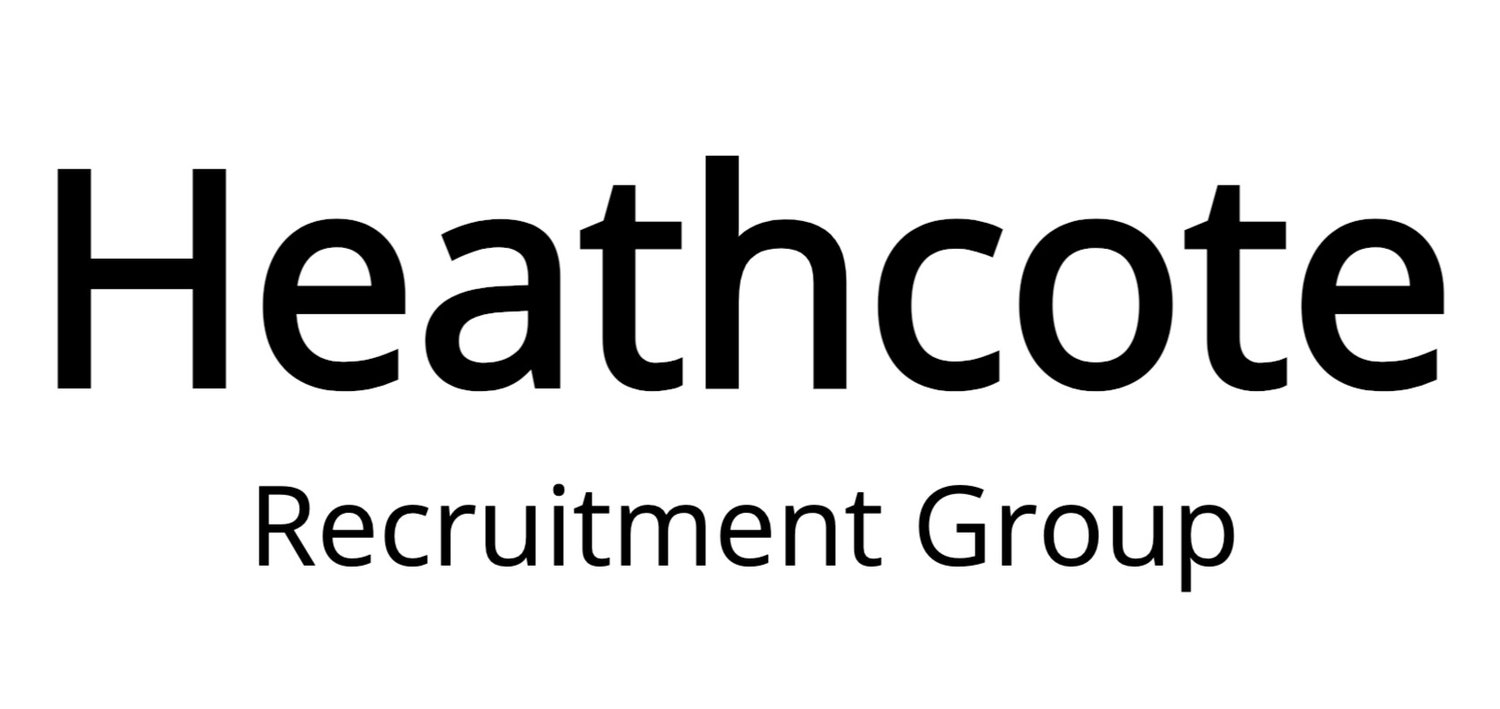Recruitment, like other sales-based roles, has a reputation for high-pressure working environments with consultants chasing the commission, seemingly at any cost. There’s no doubt we’re target-driven and tenacious (after all, who doesn’t like to be recognised for a job well done?) – yet a career in this industry offers plenty more rewards beyond the financial.
As a graduate, who has spent the past three years in higher education, recruitment might seem like a big leap into the unknown. But choose the right employer and you’ll soon find the negative perceptions are unfounded, as our myth-busting guide proves.
‘People are only motivated by money’
It is certainly true that there are opportunities to earn big money, and that’s no bad thing. Most recruiters love the challenge of hitting their targets and securing a bonus, so it isn’t a career for those who plod along, only willing to do the bare minimum.
Unless you are a volume recruiter, who helps companies take on high numbers of workers often to meet seasonal demand, you won’t sit at your desk making call after call.
Recruiting for more specialist roles, you still speak to candidates and clients on the phone (and use LinkedIn), but you’ll also build relationships that sometimes last for years. Strong recruiters are able to closely align candidates’ skills to clients’ needs, so new hires stay in the job for longer.
‘It’s stressful’
There are always days when your adrenaline is pumping, although you’ll be pleased to know the days of ‘sweatshop’ style offices are long gone.
In order to attract the top talent (that’s you!), good employers know they need to create attractive working environments and have a clear set of company values. Our values – integrity, empathy, focus and pride– are at the centre of everything we do and alongside regular perks and staff socials, we promote flexible working, along with employee health and wellbeing.
‘My boss will see me as a money-making machine’
The best managers support their teams and want them to perform well but not at the expense of their mental or physical health. We’re not afraid to tell our consultants to take a holiday if it looks like they are putting themselves under too much pressure, for example.
Rather than letting juniors take on impossibly heavy workloads, a good boss will pick up the phone and speak to clients and candidates directly. They lead by example, which enables you to develop skills and confidence.
‘I won’t be supported’
Unlike some industries, ambitious recruiters rarely get stuck in a rut – the problem is you can sometimes move up the ranks too quickly. There’s nothing wrong with having your eye on a managerial role, as long as you have the right experience. It can take two years for someone to become an effective manager, which is why we believe a phased approach – where you mentor juniors first – works best.
At every job interview, ask how you will be supported and make sure your employer fulfils any promise they make once you’ve started.
‘My degree subject isn’t relevant’
Some degrees, like management and business studies, might seem more relevant to a career in recruitment, but any subjects helps you develop valuable skills, like problem-solving and understanding complex concepts.
Your degree subject could also be relevant if you work in a specialist area of recruitment, like tech or marketing, because you’ll have a better understanding of your clients and candidates. Don’t forget, customer-facing or admin jobs you had while at university, as well as voluntary work, will bolster your skillset too.
To find out about the latest career opportunities with ESA Group, keep an eye on our blog and Linkedin page.







